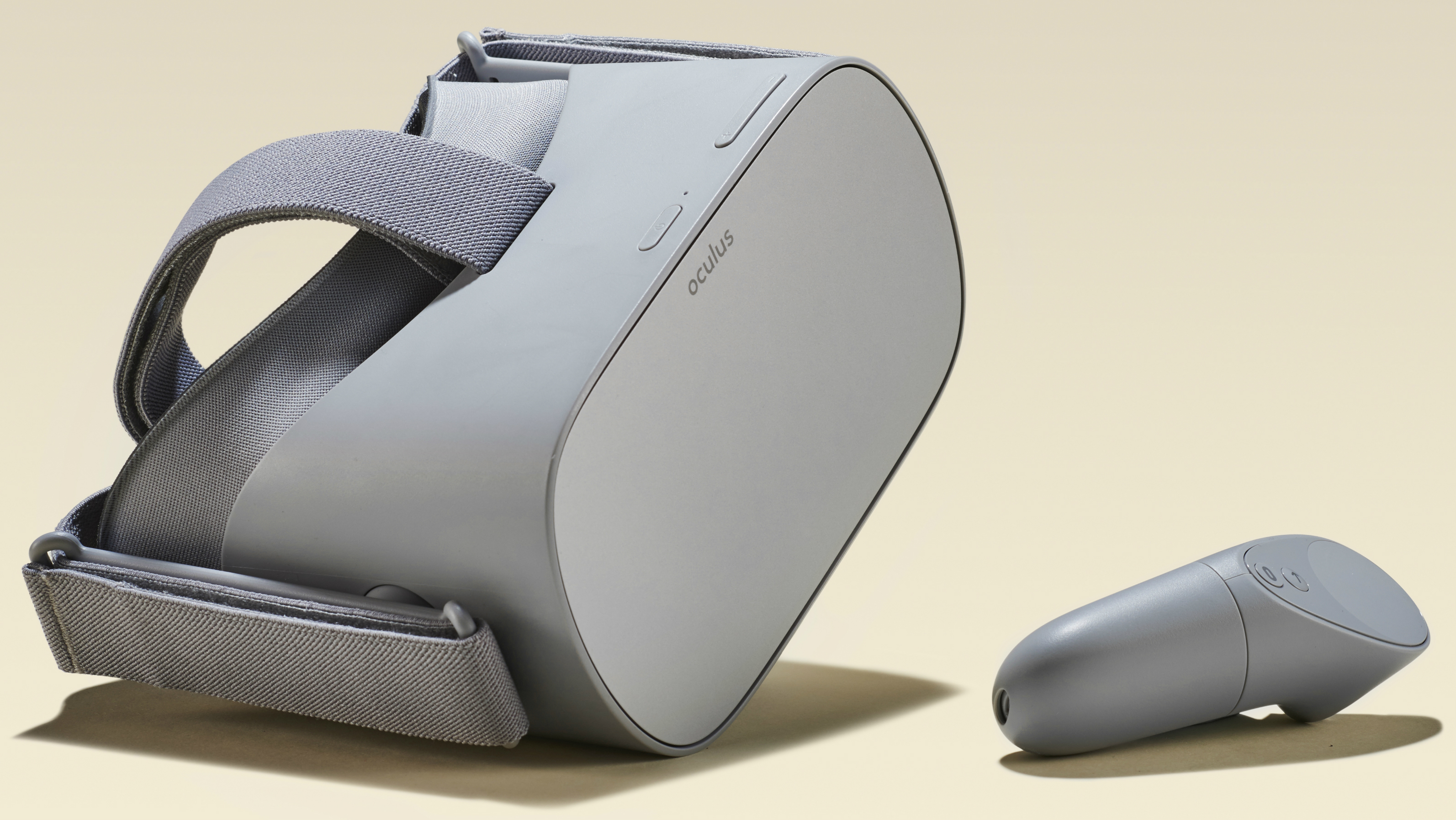Oculus Go discontinued: Facebook will no longer offer its entry-level VR headset

Sign up for breaking news, reviews, opinion, top tech deals, and more.
You are now subscribed
Your newsletter sign-up was successful
Facebook and Oculus announced today that it will discontinue its Oculus Go VR headset to allow the company more room to work "on the next chapter in VR".
The announcement came in a blog post on Oculus’ website as well as an email to Oculus owners that thanked them for their interest in the headset and give them a timetable for when the headset will set out for greener pastures.
Oculus will continue to maintain the system software with bug fixes and security patches through 2022, according to the post. However, it also says that it won’t be adding or updating apps and games after December 4, 2020.
If you have one, now's the time to load it up with software.
While it’s disappointing to see Oculus sunset a device that helped spark the VR revolution, the company says it’s based on user feedback from the audience who say loud and clear that 6-DOF headsets like the Oculus Quest feel like the future of VR and, to that end, will “double down on improving our offerings” in the future.
The death of 3-DoF headsets
A lot of Oculus Go’s cancellation has to do with the inside-out tracking software it used that could only detect three-degrees of freedom (3-DoF) – basically just rotating your head but not actual body movement.
The Oculus Go was one of the most popular 3-DoF VR headsets to use the technology alongside the Samsung Gear VR and Google Daydream, all of which have been discontinued by their respective manufacturers and replaced by six-degree-of-freedom headsets like the Oculus Quest, HTC Vive and Valve Index.
Sign up for breaking news, reviews, opinion, top tech deals, and more.
Although it was less immersive than its 6-DoF counterparts, the Oculus Go offered entry-level VR enthusiasts an affordable to get into the medium without a major investment – a niche we hope to see replaced in the future.
We've heard rumors that the Oculus Quest 2, codename 'Del Mar', is in development now but its release date has been delayed until 2021 at the earliest.
We'll miss our early, inexpensive portal into virtual reality, but like the transition from 8-bit to 16-bit consoles or HD to 4K, technology's march forward is both inevitable and, most times, for the best.
- Can't decide which headset to buy? Don't miss our guide to the best VR headsets

Nick Pino is Managing Editor, TV and AV for TechRadar's sister site, Tom's Guide. Previously, he was the Senior Editor of Home Entertainment at TechRadar, covering TVs, headphones, speakers, video games, VR and streaming devices. He's also written for GamesRadar+, Official Xbox Magazine, PC Gamer and other outlets over the last decade, and he has a degree in computer science he's not using if anyone wants it.